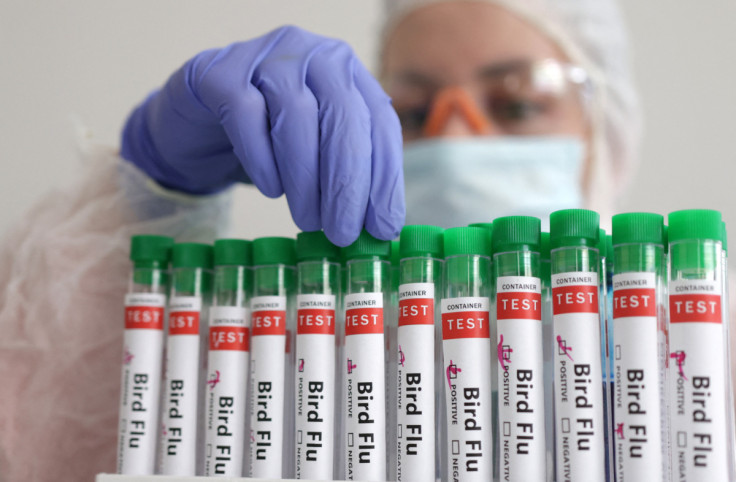
The World Health Organization (WHO) confirmed on Wednesday the first human death resulting from bird flu (H5N2) strain. The UN body said the 59-year-old man, who lived in Mexico, had fever, diarrhea and nausea, among other symptoms.
It is the first lab-confirmed human case of such an infection at a global level and the first H5 infection reported in the North American country. In a press release, the WHO said that even though the source of exposure to the virus is still unknown, the strain has been reported in poultry in Mexico.
The case was reported in late May but took place in mid-April. The person, who was hospitalized in Mexico City, had no history of exposure to poultry or other animals. He was reported to have multiple underlying medical conditions and had been bedridden for three weeks for other reasons prior to showing acute symptoms of bird flu. He was hospitalized on April 24 and died on the same day.
The WHO added that of the 17 contacts identified and monitored, only one reported extremely mild symptoms. All samples from contacts tested negative for different diseases such as "SARS-CoV-2, influenza A and influenza B, as determined by RT-PCR." No other cases associated with that one have been reported.
So far authorities have not been able to confirm whether the human case is related to recent outbreaks of the disease in poultry in Mexico, the first of them detected in March 2024. The body explained at a general level that "avian influenza virus infections in humans may cause mild to severe upper respiratory tract infections and can be fatal." "Conjunctivitis, gastrointestinal symptoms, encephalitis and encephalopathy have also been reported."
The WHO noted that when such viruses circulate in poultry, "there is a risk for infection and small clusters of human cases due to exposure to infected poultry or contaminated environments" and, therefore, "sporadic human cases are not unexpected."
It added that so far evidence suggests that "A(H5) viruses from previous events have not acquired the ability to sustain transmission between humans, thus the current likelihood of sustained human-to-human spread is low."
The current risk to the general population, it added, continues to be low and WHO recommendations on public health measures and surveillance remain unchanged. However, "if needed, the risk assessment will be reviewed should further epidemiological or virological information, including information on A(H5N2) viruses detected in local animal populations, become available."
© 2025 Latin Times. All rights reserved. Do not reproduce without permission.




